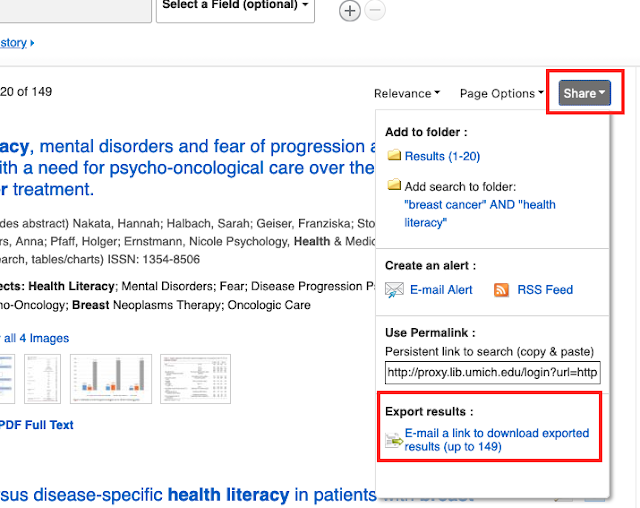Tip #41: Hyphens in Ovid EMBASE: the Long and Short of it.

When is a hyphen not a hyphen? When it is a longer hyphen. Dashes range in size from the most narrow, known as a hyphen , to the the slightly wider en dash , to the widest em dash . The en dash is used to represent a span or range of numbers, dates, or time. The em dash can take the place of commas, parentheses, and colons. Unfortunately, neither is meant to appear in your search query in Ovid EMBASE . Two-part or "hyphenated" used-for terms in Emtree (EMBASE's thesaurus) on the Ovid platform appear to have either en or em dashes instead of hyphens. I discovered that if you paste one of these "hyphenated" terms into the search box, it returns an unsupported characters error . For example, if you copy/paste harmal−d , a used-for term for the medication tamsulosin , into the search box, it will return an unsupported characters error. However, if you replace the long hyphen by typing the hyphen key, your search will work. I contacted Ovid Suppor...








